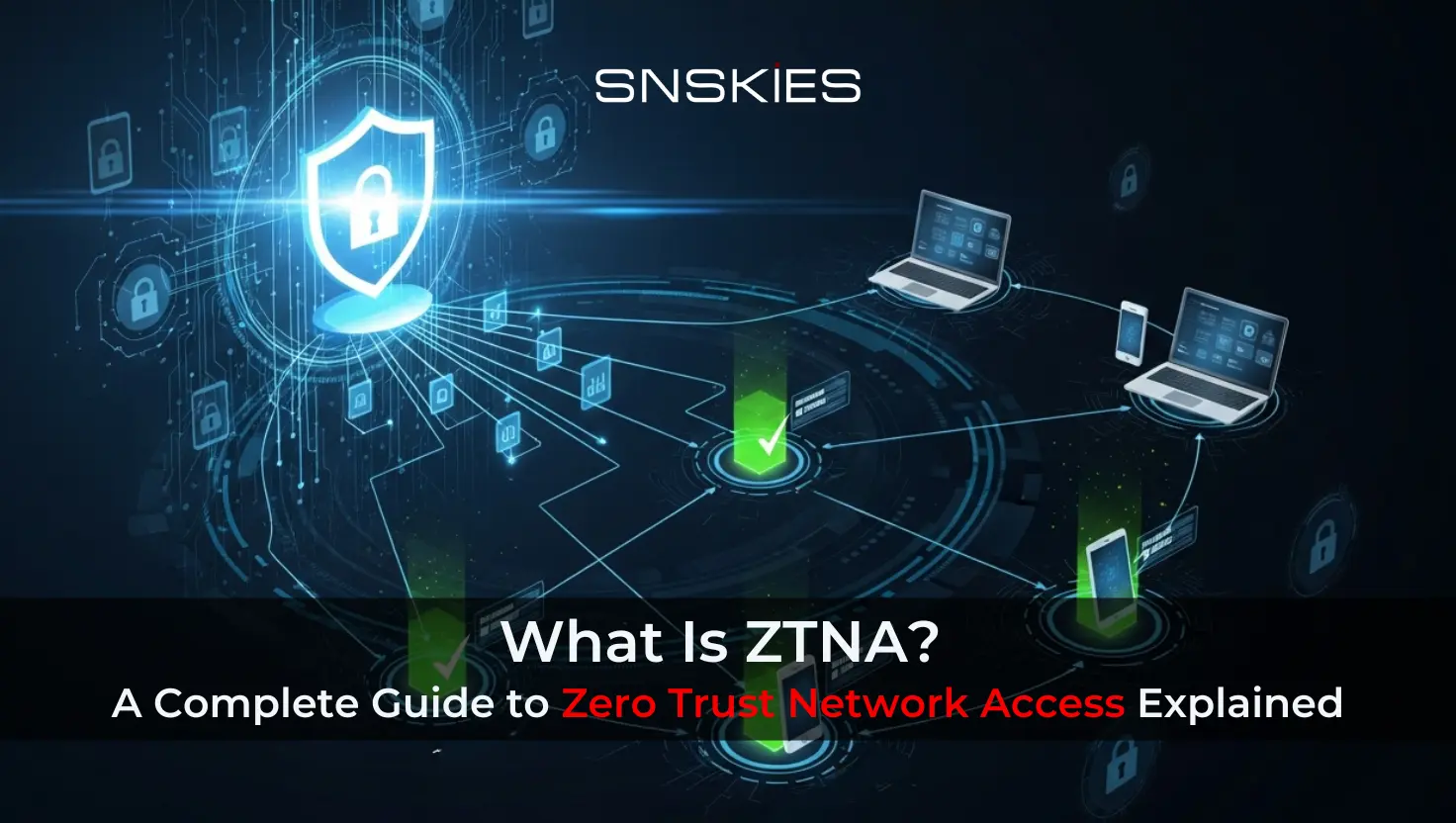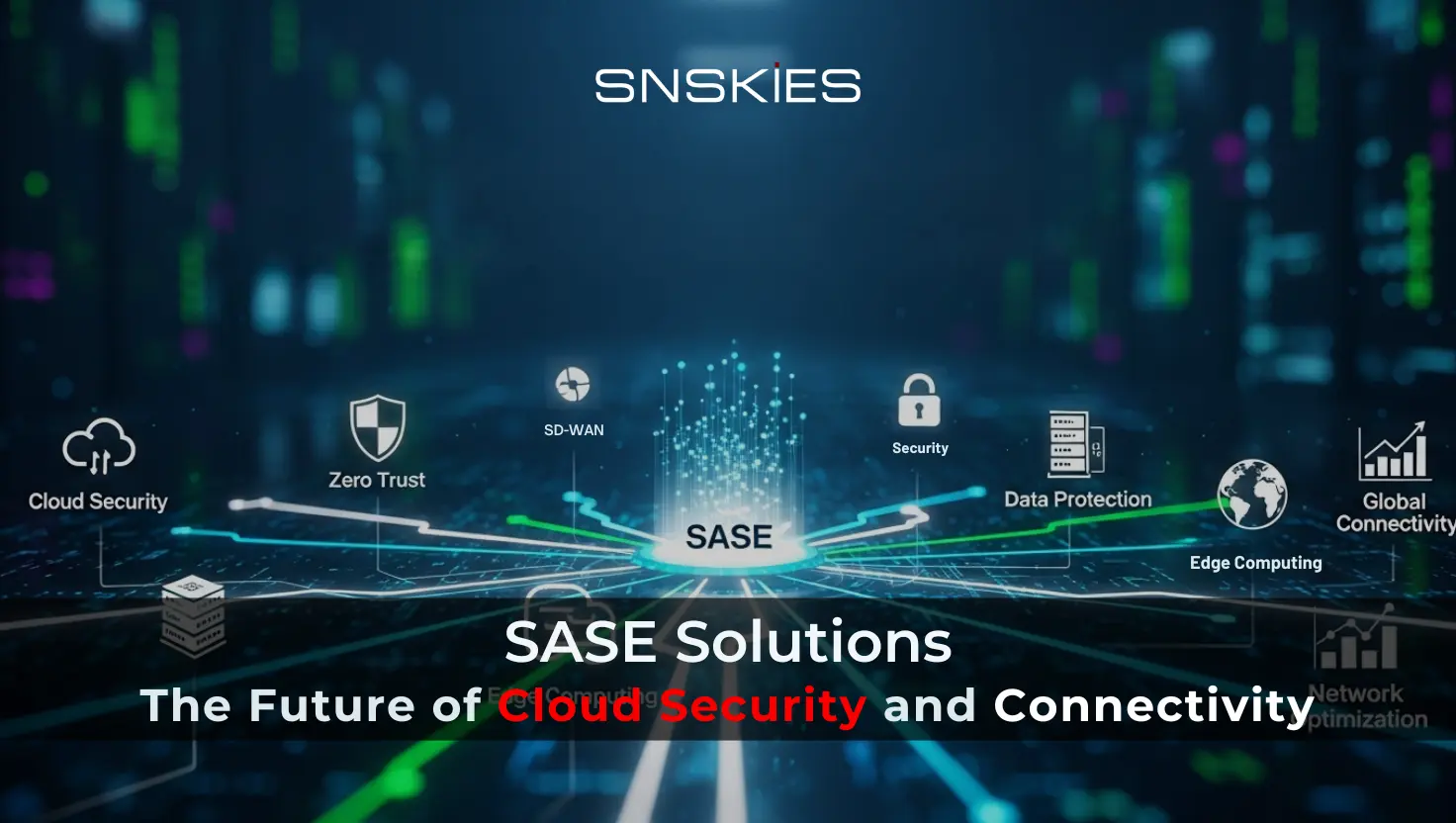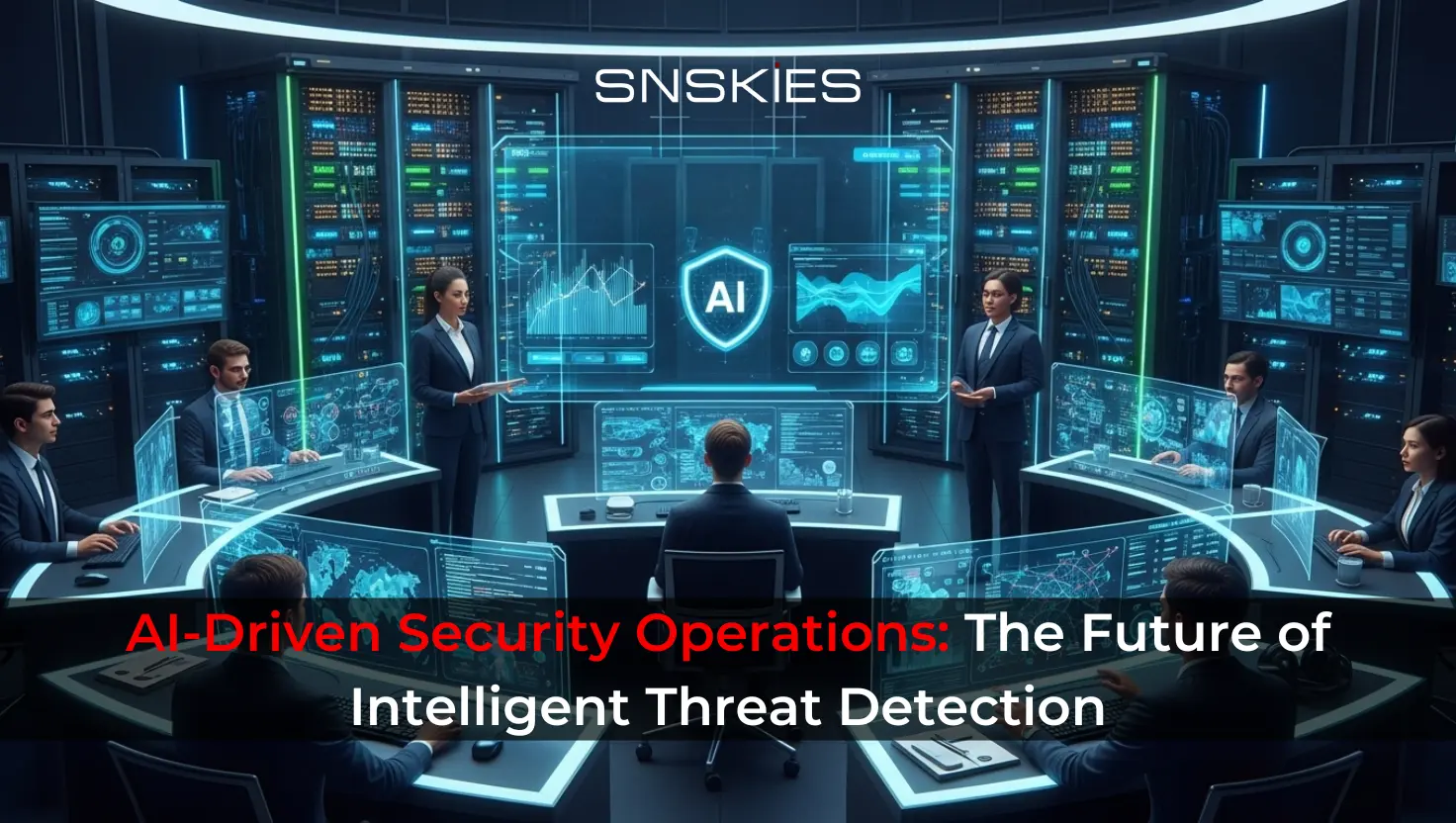- Articles
What is SecOps? | The Most Secure Operating Systems in the UAE
- Articles
What is SecOps? | The Most Secure Operating Systems in the UAE
- Articles
- January 15, 2025
Understanding SecOps
SecOps, a fusion of security and IT operations, is a critical discipline focused on monitoring risks and protecting corporate assets. In the UAE, where digital transformation is rapidly advancing, SecOps teams are essential for ensuring the cybersecurity of both public and private sectors. Operating from a Security Operations Center (SOC), these teams manage cyber defenses to safeguard sensitive data and maintain business continuity.
Core Responsibilities of SecOps Teams in the UAE
SecOps teams in the UAE are at the forefront of cybersecurity efforts, handling the detection and mitigation of cyber threats. Their mission is to strengthen an organization’s security infrastructure by identifying and addressing vulnerabilities that could compromise sensitive data and critical operations.
IT Operations Security Challenges
The dynamic IT landscape in the UAE presents various security challenges. IT operations teams utilize diverse configuration management tools, automation platforms, and service orchestration solutions to enhance service delivery and application deployment. While this diversity boosts agility, it can lead to security gaps if not managed properly.
Securing IT Operations with SecOps
Security Operations teams in the UAE play a vital role in integrating identity security solutions, enhancing automation, and increasing visibility across operations. This integration helps organizations achieve a shared understanding of IT and security goals, streamlining processes and improving efficiency. By leveraging automation and collaborative tools, SecOps teams proactively address security risks, ensuring swift responses to cyber threats.
Challenges Faced by SecOps
The UAE’s digital landscape demands continuous adaptation from SecOps teams. With the proliferation of technologies such as BYOD (Bring Your Own Device), IoT (Internet of Things), and cloud applications, SecOps must stay ahead of evolving threats. Challenges include the rising number of ransomware attacks and a global shortage of skilled cybersecurity professionals, which also impacts the UAE.
Essential SecOps Tools
To effectively combat these challenges, SecOps teams in the UAE rely on a suite of advanced tools, including:
Security Information and Event Management (SIEM): Aggregates and analyzes security data to detect threats.
Security Orchestration, Automation, and Response (SOAR): Automates responses to security incidents, enhancing efficiency.
Network Detection and Response (NDR): Identifies and mitigates network threats.
Endpoint Detection and Response (EDR): Monitors endpoint activities for signs of malicious behavior.
Extended Detection and Response (XDR): Provides a unified view of threats across multiple security products.
Endpoint Protection Platform (EPP): Offers comprehensive endpoint security against malware and other cyber threats.
User and Entity Behavior Analytics (UEBA): Analyzes user behavior to identify anomalies and potential threats.
Benefits of Implementing SecOps
The primary goal of SecOps in the UAE is to enhance an organization’s security posture by identifying vulnerabilities and mitigating risks. Key benefits include:
Improved Security Posture: Enhances the ability to detect and respond to cyber threats, ensuring data protection.
Unified Security Approach: Fosters collaboration across departments for cohesive security strategies.
Automated Processes: Reduces manual interventions, increasing efficiency and accuracy.
Management Involvement: Aligns security initiatives with organizational goals, supporting performance and growth.
Conclusion
In the UAE’s rapidly evolving digital landscape, SecOps is essential for maintaining robust cybersecurity. By integrating cutting-edge tools and fostering collaboration between security and IT operations, organizations can strengthen their security posture, streamline processes, and stay ahead of cyber threats.
FAQs About SECOPS (Security Operations)
SecOps is the integration of security and IT operations to protect an organization's assets, detect threats, and maintain a strong security posture.
As digital transformation accelerates in the UAE, SecOps teams are vital for safeguarding sensitive data, ensuring compliance, and mitigating evolving cyber threats.
SecOps teams use tools like SIEM, SOAR, NDR, EDR, XDR, EPP, and UEBA to detect, analyze, and respond to cyber threats effectively.
SecOps teams face challenges such as evolving technologies, increasing ransomware attacks, and a global shortage of skilled cybersecurity professionals.
Automation enhances efficiency by reducing manual tasks, allowing teams to focus on critical issues and respond to threats more swiftly.
Recent Post
- All Posts
- Articles
- Blog
- News


